We are pleased to invite you to the upcoming FDA/OSI Workshop taking place on Friday, October 10, 2025, at Lincoln Square, 555 Eleventh Street NW, Washington, DC 20004. A virtual attendance option is also available.
This hybrid workshop welcomes participation from all individuals and organizations engaged in the research and development of new therapies for patients with osteosarcoma, including patient advocacy groups, physicians, academic and clinical researchers, biopharmaceutical companies, regulatory agencies, non-profit organizations, and others involved in osteosarcoma.
The workshop is open to the public. Patients and families are also strongly encouraged to attend.








